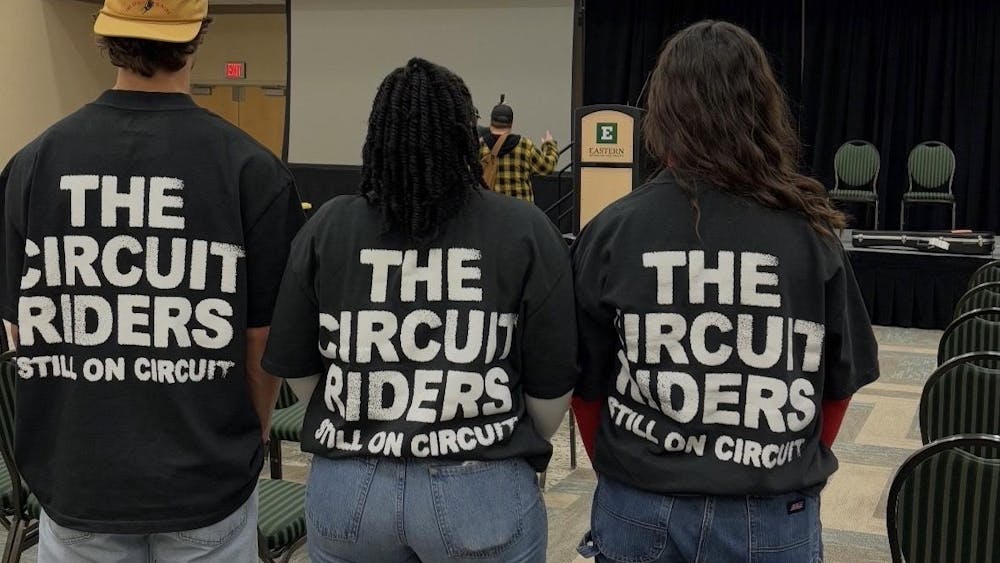Facebook is excellent for multiple tasks: creeping on friends, following those melodramas we call other peoples’ relationships and, of course, flexing our “social activism.”
True to the last note and a testament to the power of social media, Kony 2012 exploded on the web, riling up some bizarre concoction of disgust, good intentions, ignorance and misguided enthusiasm.
The online video Kony 2012 is, in itself, problematic. It is incredibly misleading and managed to boil complex international issues into an oversimplified half-hour call to action, action that might exacerbate the very problems it seeks to solve.
I hope readers delve into research. For example, the March 7 article of Foreign Policy informs us: Joseph Kony has not been in Uganda for six years, the LRA’s influence and power are dramatically overstated in the video and the U.S. has shown no indication of withdrawing advisors from Uganda.
Nonetheless, I feel very comfortable saying I believe the intentions of the creators of the video as well as the legions of Facebookers sharing it are “good.” Unfortunately, the worst actions can be conducted from the inspiration of good intention.
What is most worrisome about Kony 2012 is it is the latest manifestation of what author Teju Cole deems “the White Savior Industrial Complex” in his brilliant March 21 editorial of the same title featured in the Atlantic.
He writes, “One song we hear too often is the one in which Africa serves as a backdrop for white fantasies of conquest and heroism… It is a liberated space in which the usual rules do not apply: a nobody from America or Europe can go to Africa and become a godlike savior or, at the very least, have his or her emotional needs satisfied. Many have done it under the banner of ‘making a difference.’ ”
Let us reference Kony 2012 once again. In a particularly poignant moment, Jason Russell, the narrator of the video, shows a bright faced, blonde-haired young toddler — Russell’s son. Russell presents Kony as “the bad guy.” Of course, we should worry about the rhetorical impact of presenting a young white boy (and millions of viewers) to a scowling black man as the embodiment of evil. Moreover, Russell juxtaposes this assertion with Jacob, a young African boy who needs their kindness to rescue him.
However, is this not the narrative we are constantly shown? The White Savior Industrial Complex rears its head once more.
Separately, the White Industrial Complex represents an ability to critically think about enormously complex disputes. Kony
is simply a manifestation of broader shortcomings in Ugandan/African societies: a lack of faith in democracy, widespread inequity and an ineffective justice system. To view Kony as a distinct complication is to lack any ability to analyze holistically and truly examine the overwhelming obstacles Africa (by and large) faces.
As if there aren’t enough issues with Kony 2012, the “movement” – I might be being exceptionally generous with that word – is commodifying social activism with the idea that you could buy an “Action Kit,” bracelet or any other product and therefore absolve yourself of the natural ethical pull to help the less fortunate.
Cole opines once more, “If Americans want to care about Africa, maybe they should consider evaluating American foreign policy, which they already play a direct role in through elections, before they impose themselves on Africa itself…”
He points out America’s intrusiveness in other nations’ economies and politics has caused strife within those countries.
“This is a litany that will be familiar to some. To others, it will be news. But, familiar or not, it has a bearing on our notions of innocence and our right to ‘help.’”
Facebook is excellent for multiple tasks, but not advancing any real, ethical or complete social activism.








